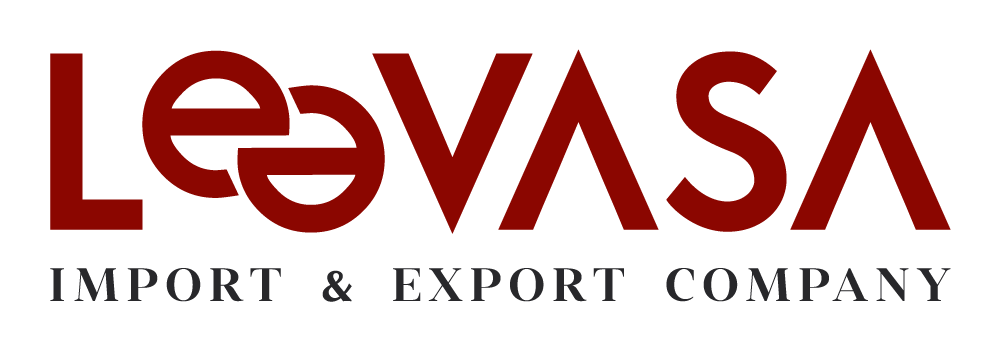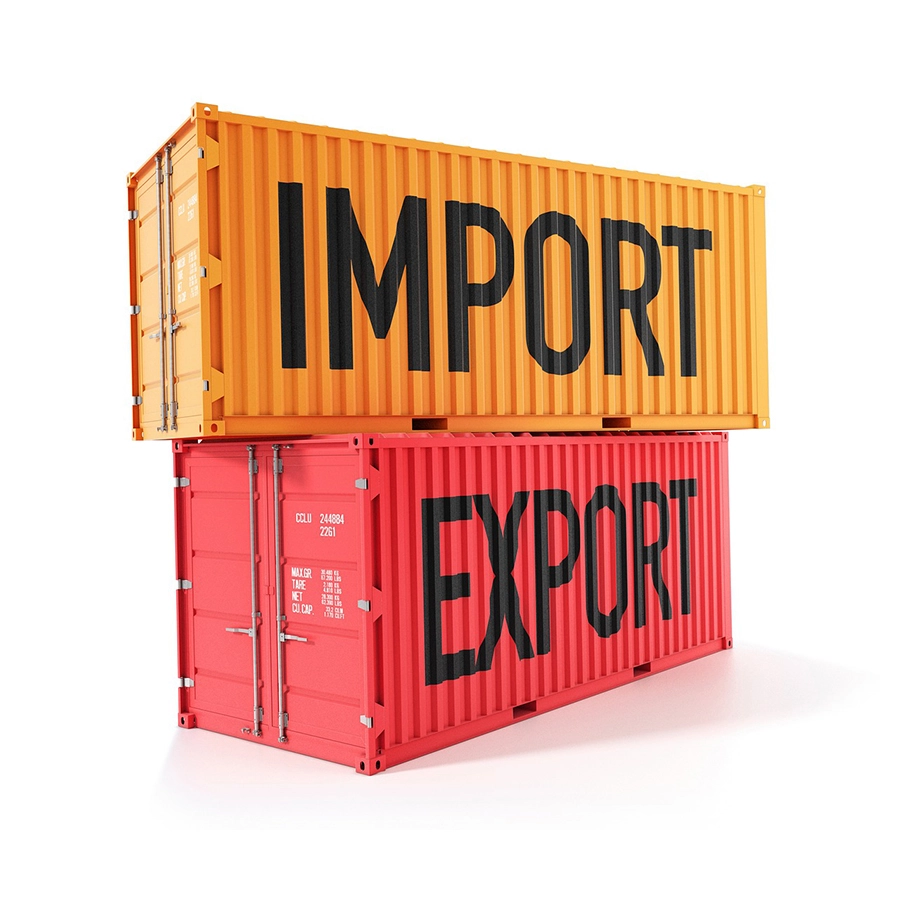Introduction
In international trade, one of the most critical and complex issues is determining the custom value of goods. This value is not only used as a basis for calculating customs duties and taxes in the import and export process but also plays a key role in estimating transportation costs, insurance, and other expenses related to imports. This article examines the concept and importance of accurately determining the custom value of goods, the calculation methods, and the challenges associated with this process.
Definition of Custom Value of Goods
The custom value of goods refers to the base amount considered for calculating customs duties, taxes, and import costs. This amount typically includes the purchase price of the goods from the seller, transportation costs, insurance, and other related expenses. Essentially, the custom value serves as a reference for the customs authority of the destination country to determine the amount of customs duties and other financial obligations.
The custom value can be influenced by factors such as transportation conditions, the type of goods, customs regulations, and agreements between the contracting parties. It is generally regarded as the basis for calculating customs duties and taxes.
How the Custom Value of Goods is Determined
Determining the custom value of goods is a crucial and sensitive step in the import process. In most countries, this process must comply with international customs regulations. Global agreements such as the General Agreement on Tariffs and Trade (GATT) and the World Trade Organization (WTO) provide frameworks for evaluating and determining this value.
There are various methods used to calculate the custom value of goods, including:
- Transaction Value Method:
This is the most widely recognized and commonly used method. The custom value is directly determined based on the purchase price of the goods from the seller. Any costs directly related to the purchase of the goods are included in this method. - Similar Goods Method:
If the transaction value cannot be determined, the price of similar goods imported under similar conditions is used. The selected goods must have comparable features and specifications. - Comparable Goods Method:
In this method, the custom value is determined based on the price of goods that are similar to the imported goods and have entered the country under comparable conditions. This method is used when other methods are not applicable. - Cost Method:
Here, the custom value is calculated based on production costs, transportation, insurance, and other associated import expenses. This method is applied when the transaction value or comparable goods price cannot be determined.
Importance of Accurately Determining Custom Value
Accurate determination of the custom value ensures correct calculations for import costs and customs duties, preventing legal and commercial disputes. Some key benefits include:
- Correct Calculation of Customs Duties:
Customs authorities calculate duties and taxes based on the declared value. If the value is incorrect, the importer may either overpay or face penalties for customs fraud. - Transparency in Trade Contracts:
Precise determination of the custom value increases transparency in trade contracts and international transactions, helping to prevent disputes. - Reduction of Legal and Financial Risks:
An accurately determined custom value minimizes legal and financial risks in the import and clearance process, particularly for businesses handling large import volumes. - Prevention of Smuggling and Customs Violations:
Correctly determining the custom value helps prevent customs fraud and underreporting of goods’ value, reducing illegal trade practices.
Challenges in Determining Custom Value
Despite its significance, determining the custom value comes with several challenges, including:
- Disputes in Valuation:
Importers and customs authorities may disagree on the declared value, leading to delays in clearance, additional fines, or rejection of goods. - Currency Fluctuations:
In countries with volatile exchange rates, currency fluctuations can impact the custom value. Importers must stay updated on currency rates to ensure accurate calculations. - Complex Customs Regulations:
Some countries have strict and complex customs laws that importers must fully understand. Non-compliance can result in heavy fines or legal issues.
Conclusion
The custom value of goods is a fundamental element of international trade, significantly impacting the import and export process. Accurate valuation ensures correct calculation of customs duties and taxes, while preventing legal and commercial disputes. Importers must rely on international customs standards such as GATT and WTO guidelines, stay informed about currency rates, and use valid valuation methods to facilitate a transparent, efficient, and legally compliant import process.



